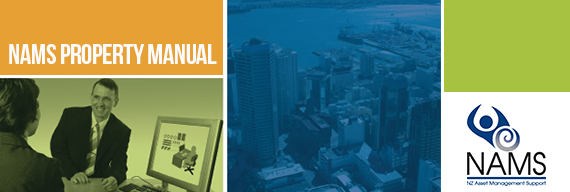The importance of managing property assets as a valuable wealth source
Property, in its various forms, has long been considered one of the most tangible and enduring forms of wealth. Beyond its monetary value, property often holds the key to our livelihoods, our businesses, and even our communities. However, the true wealth embodied in property extends far beyond its market price. It lies in the potential for prosperity, growth, and well-being that these assets can provide, not just for today, but for generations to come.
Read more







